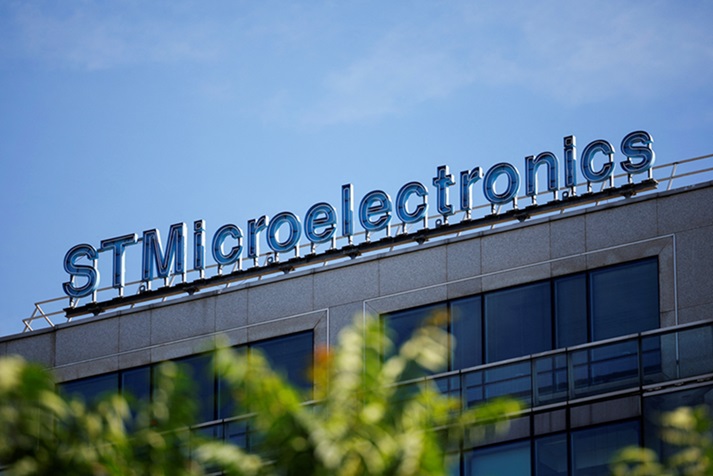In a move to cut its dependency on China, Europe is taking significant steps to ramp up its semiconductor game. STMicroelectronics, a heavyweight in the semiconductor world, is set to receive a whopping €2 billion from the Italian government. The cash influx will fuel the construction of a state-of-the-art chip factory in Sicily, a cornerstone in the EU’s ambitious plan to bolster its semiconductor production.
Nestled in the charming city of Catania, this facility will specialize in silicon carbide power devices—an essential component for creating the wafers that serve as the backbone for various microchips. This isn’t just any material; silicon carbide is a superstar in industries ranging from electric vehicles to renewable energy.
What makes this factory truly revolutionary is its all-encompassing manufacturing process. It will handle everything from raw materials to the final product, churning out power modules and transistors. This pioneering plant will be the world’s first fully integrated silicon carbide facility and a trailblazer in Europe. It’s slated to be fully operational by 2032, aligning perfectly with the goals outlined in the recent European Chips Act.
The European Commission’s vice-president for competition policy, Margrethe Vestager, didn’t mince words: “The €2 billion Italian measure approved today supports a unique integrated facility for silicon carbide chips. It will strengthen the European semiconductors supply chain and ensure our access to a reliable source of power-efficient chips used for example in electric vehicles and charging stations. This will support our digital and green transitions and help create high-skilled employment, while limiting possible distortions of competition.”
The European Chips Act is a grand vision aimed at doubling Europe’s slice of the global chip production pie from 10% to 20% by 2030. The strategy involves hefty investments—both private and public—addressing talent shortages, enhancing chip design and quality, and fostering collaboration among member states.
As the European Commission eloquently put it, “With the European Chips Act, the EU will address semiconductor shortages and strengthen Europe’s technological leadership. It will mobilize more than €43 billion of public and private investments and set measures to prepare, anticipate and swiftly respond to any future supply chain disruptions, together with member states and our international partners.”
This initiative couldn’t be more timely. With Taiwan dominating chip production and rising tensions with China casting a shadow over supply security, Europe’s quest for semiconductor independence is more crucial than ever. The pandemic’s disruptive effect on supply chains only underscored the risk of relying too heavily on a few Asian manufacturers. Europe’s answer? Amp up its own chip-making capabilities, ensuring a resilient and robust semiconductor supply chain for the future.
(Source: WSJ | Euro News)









